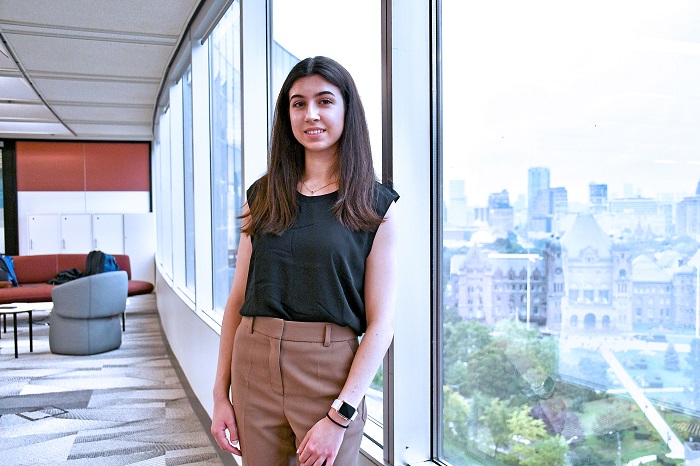Watch undergraduate students conducting research at the Koffler Scientific Reserve north of Toronto.
Learn by Doing
In experiential learning, students apply academic concepts to real-world projects and challenges, either within or outside the classroom — from excavating bones in Peru, to interning at a local tech company, to testing water for microplastics.
Experiential learning:
- Engages you in a practical and authentic experience
- Counts towards academic credit in many cases
- Helps you achieve your academic goals
- Enables you to engage in experiences that are accessible and inclusive by design
- Helps you build professional skills and connections
There are many ways for A&S students to engage in experiential learning. Find the opportunity that's right for you by exploring the options below.
Build Work Experience
Find opportunities to build your resume, make professional connections and develop workplace skills.
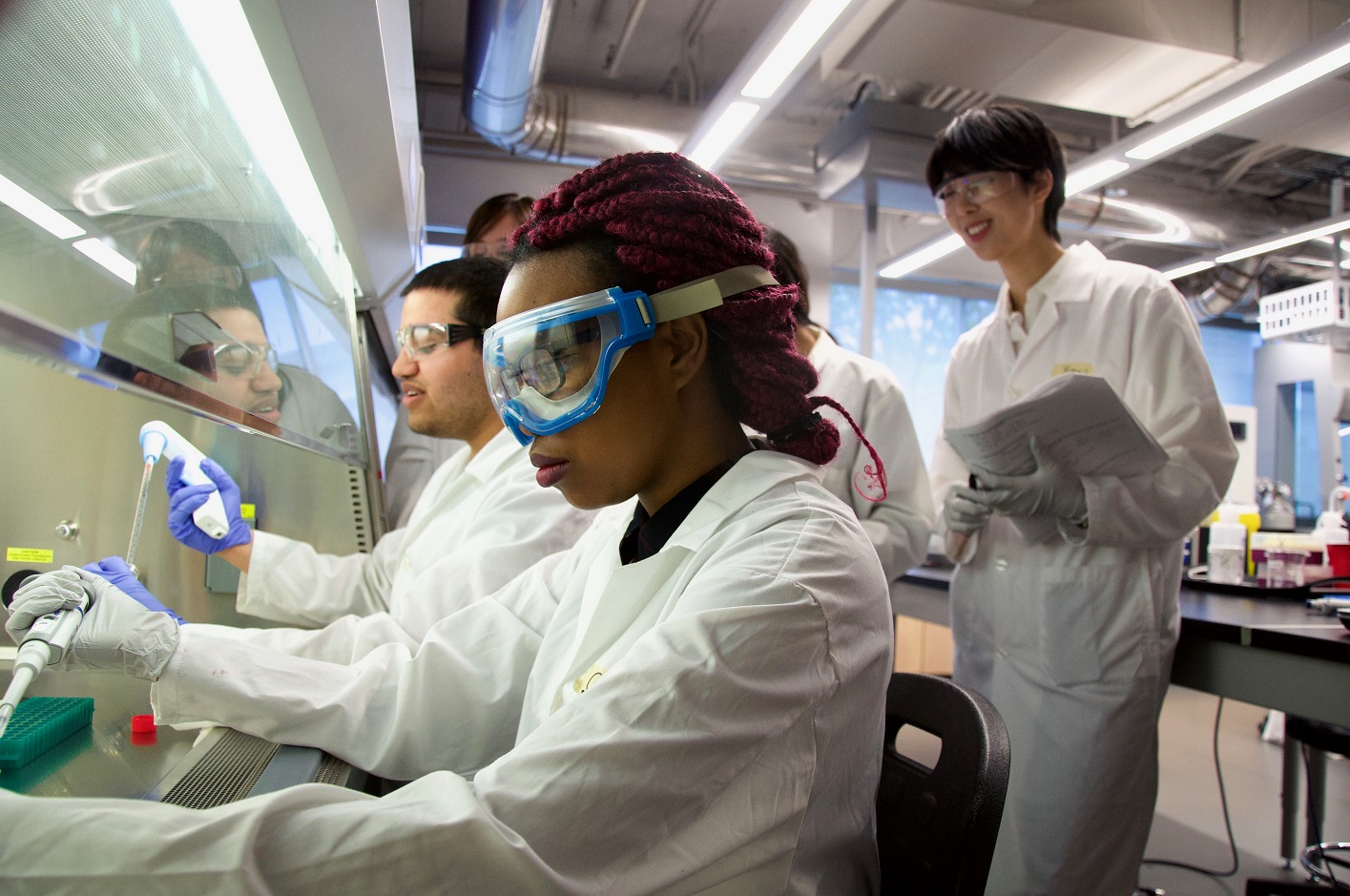
Gain Research Experience
Explore opportunities to gain hands-on research experience within or outside the classroom.
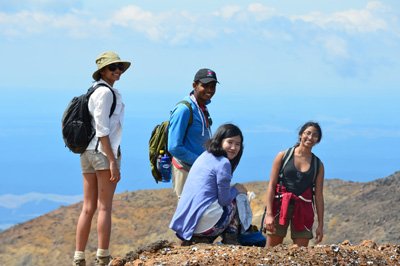
Explore International Opportunities
Discover the world beyond the classroom by spending a week, a term, a summer or a full year abroad.
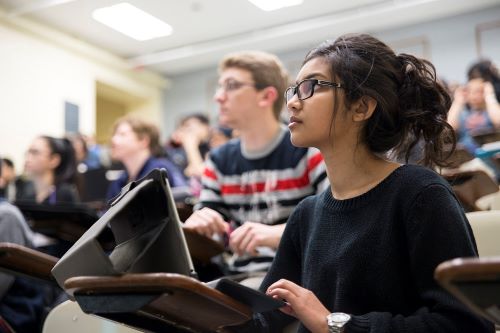
Find Course-Based Experiential Learning
Enrol in courses where experiential learning is an integrated part of the curriculum.
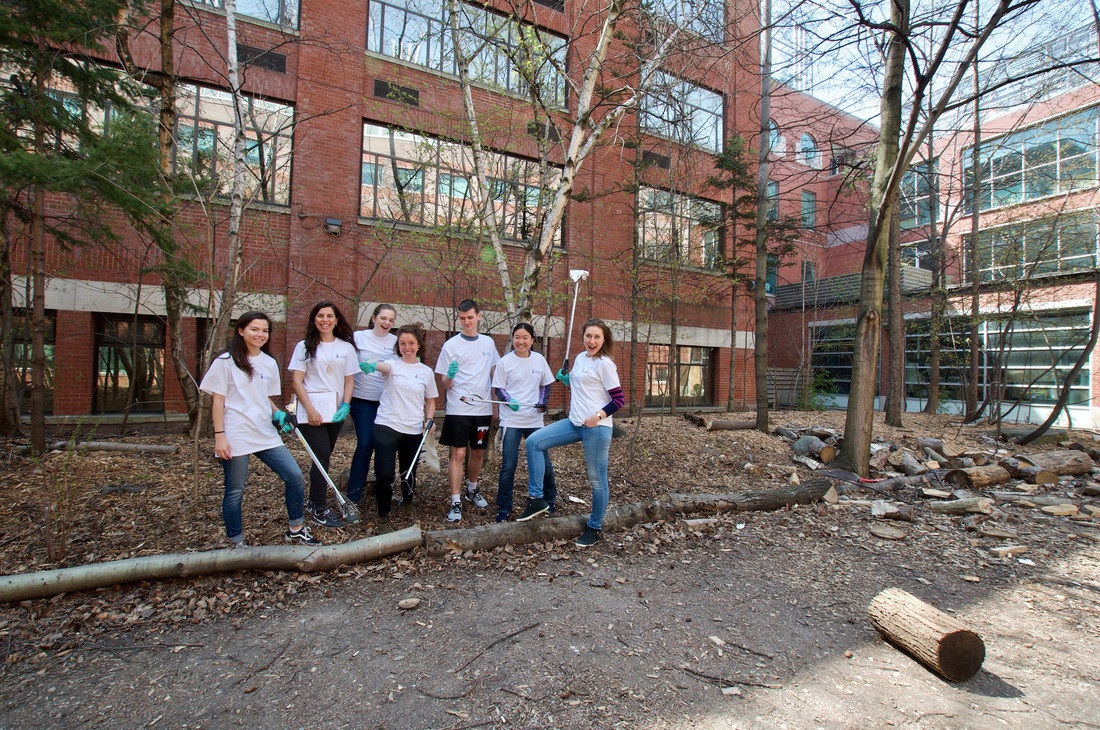
Engage with Communities
Connect with your academic unit to discover curricular and co-curricular community-engaged learning activities. The Centre for Community Partnerships is also a great resource to learn more.
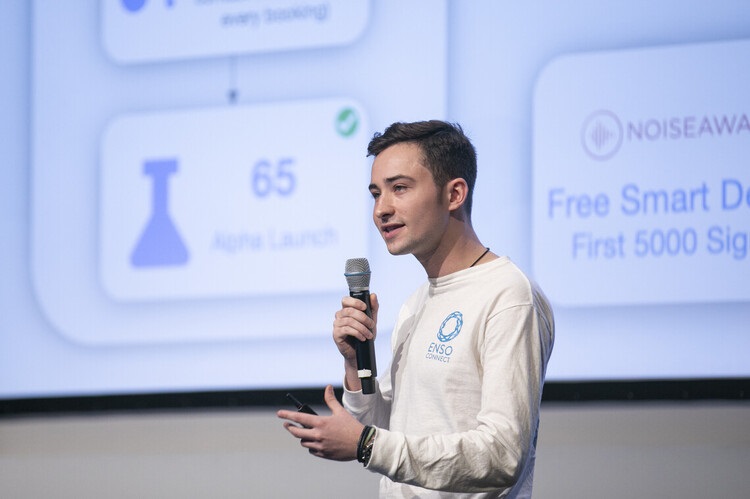
Develop Entrepreneurship Skills
Learn about courses, supports and resources available through the Arts & Science Centre for Entrepreneurship.
Frequently Asked Questions About Experiential Learning
No. Experiential learning supports learners with various strengths. While some experiential learning programs require that you meet specific academic criteria, many programs do not. Please refer to your department's website and the Academic Calendar for more information.
It depends. While many experiential learning opportunities are free to participate in, others have a cost.
Financial support is available for many international opportunities; some are almost fully funded through the Faculty of Arts & Science. If transportation, childcare or other costs pose a barrier to participating in your experiential learning opportunity, you may be able to request funding support through your College Registrar’s Office to help offset your expenses.
Not necessarily. Often faculty are seeking students who exhibit strong interest, curiosity and commitment more so than students with previous research experience.
Yes. Experiential learning can be highly energizing and can be more demanding of your time, as you may be learning how to integrate into a new organization, communicate professionally and adapt to new situations. However, in doing so, you will gain valuable skills, such as time management, teamwork and communication skills that will help you in your future career.
Contact Us
If you have questions, contact the Experiential Learning & Outreach Support (ELOS) office at experiential.artsci@utoronto.ca.


